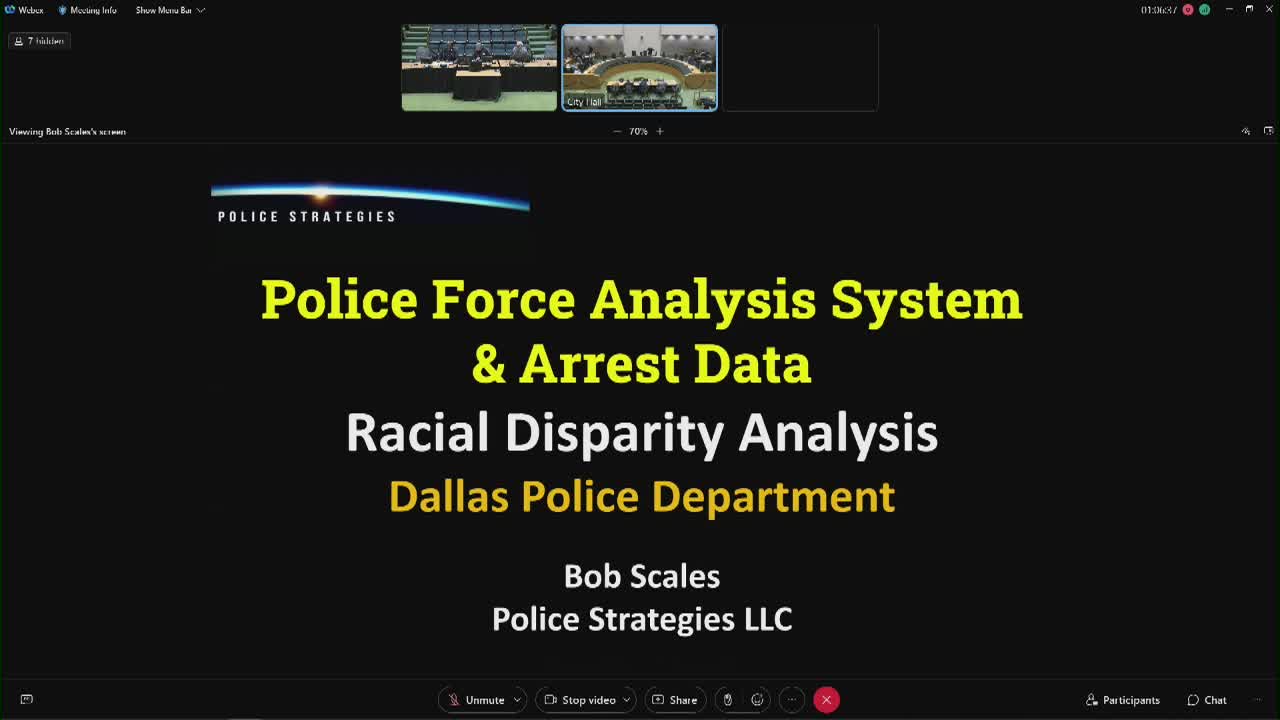Article not found
This article is no longer available. But don't worry—we've gathered other articles that discuss the same topic.
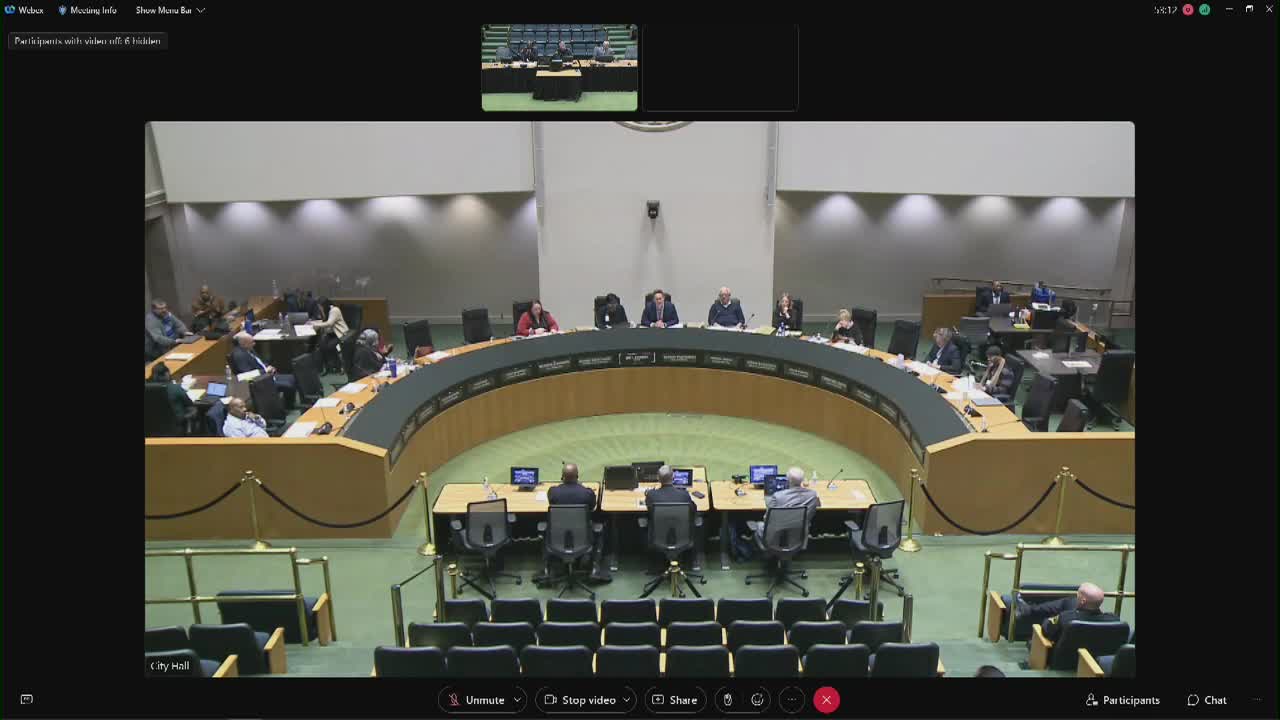
Interim Dallas police chief commits to "full transparency" and outreach to oversight board
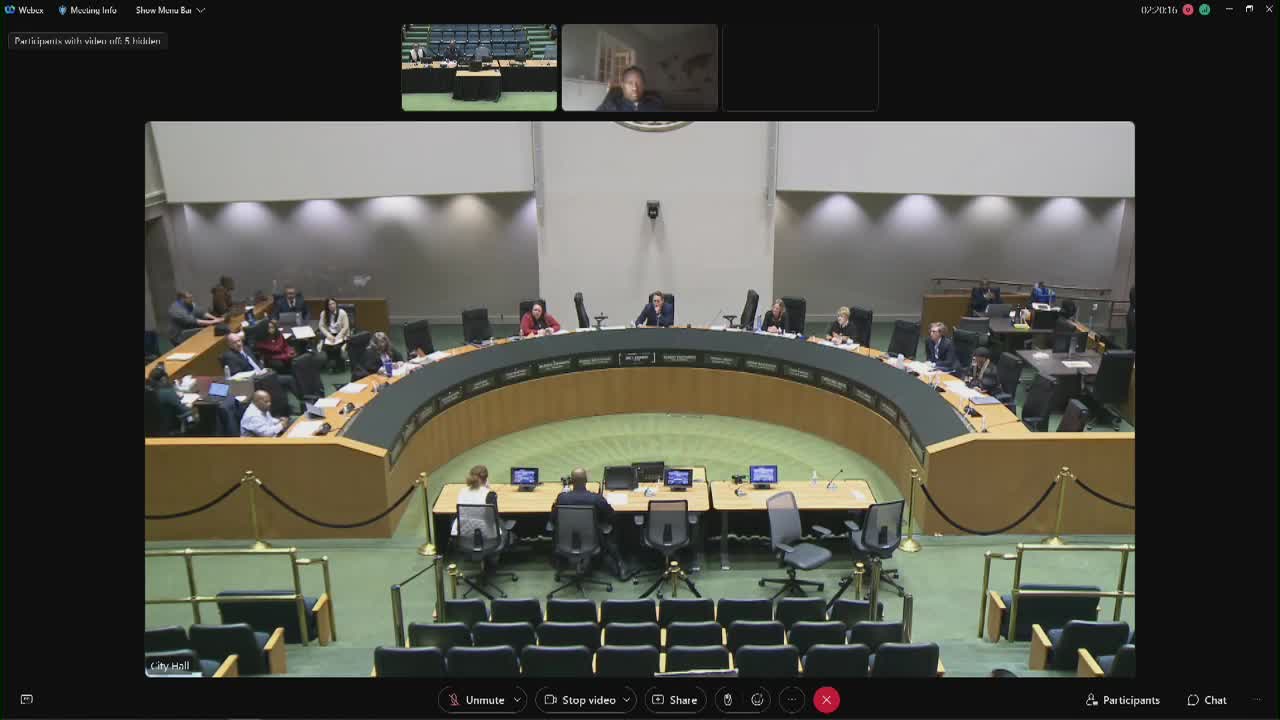
Dallas resident urges OCPO and DPD to prioritize unsolved 2021 killing of her mother
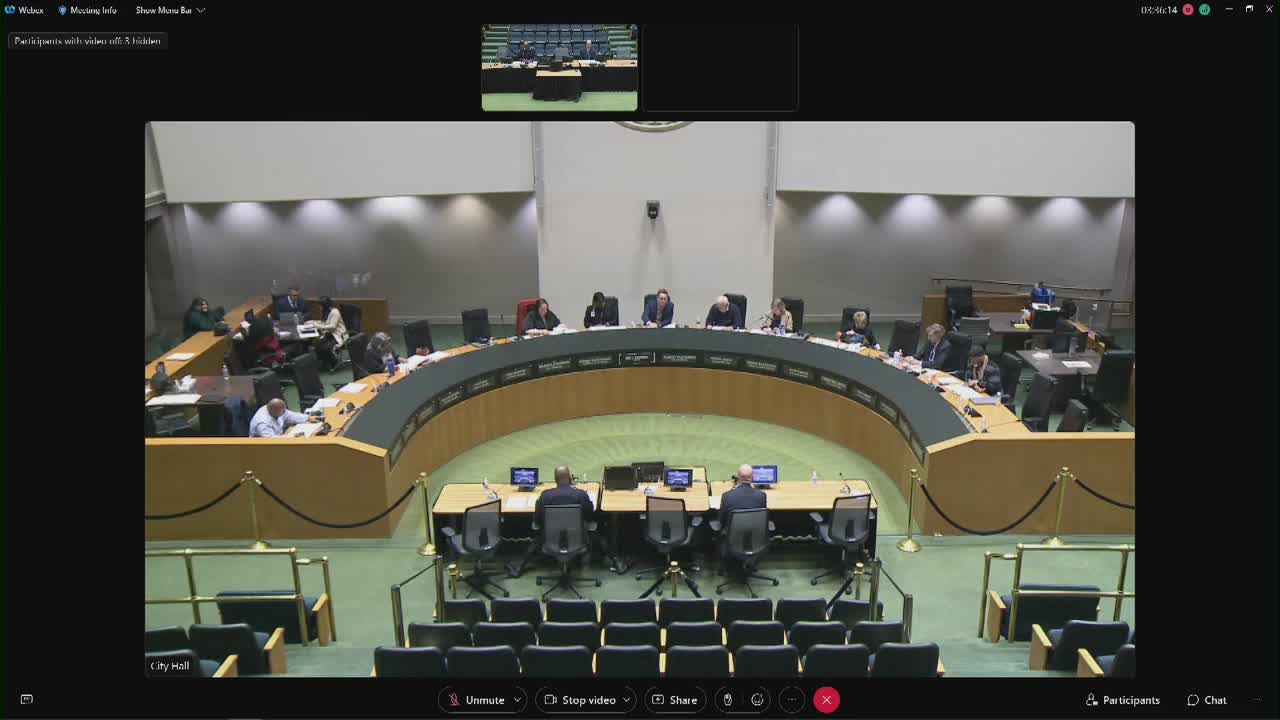
CPOB approves one independent review, declines two others and adopts annual report; minutes approved
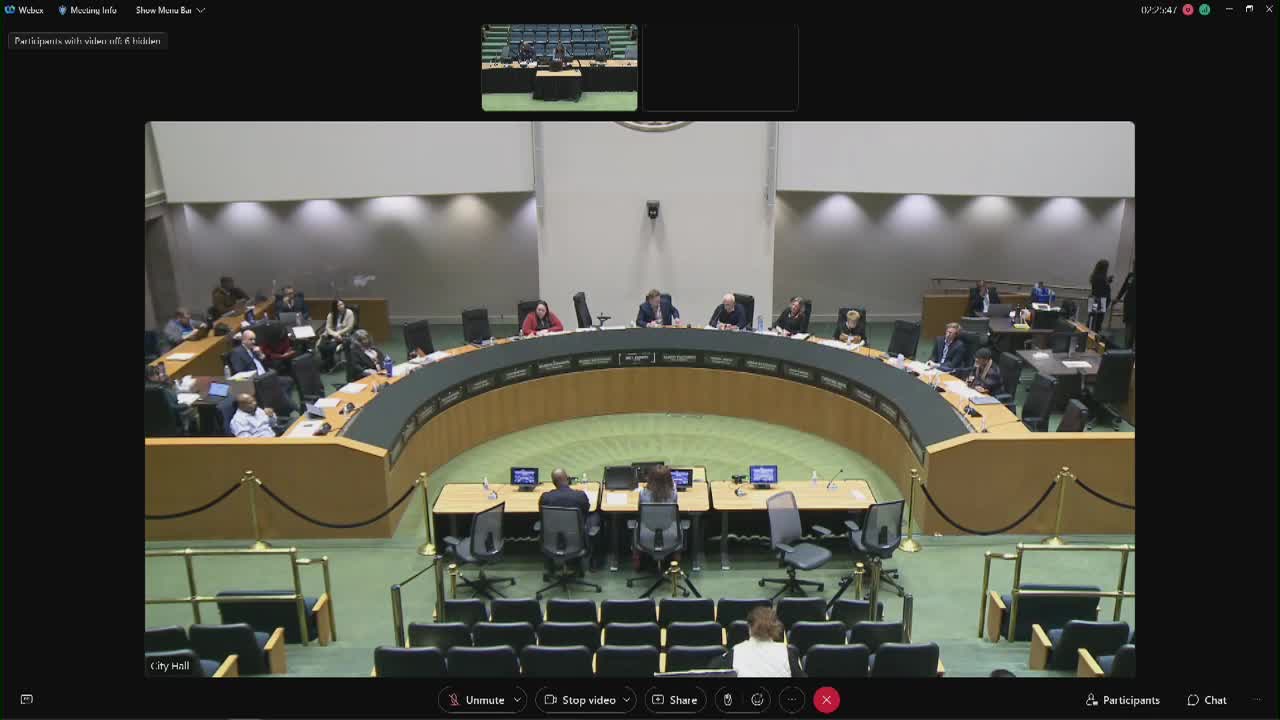
Office of Community Police Oversight previews public complaint dashboard to board
